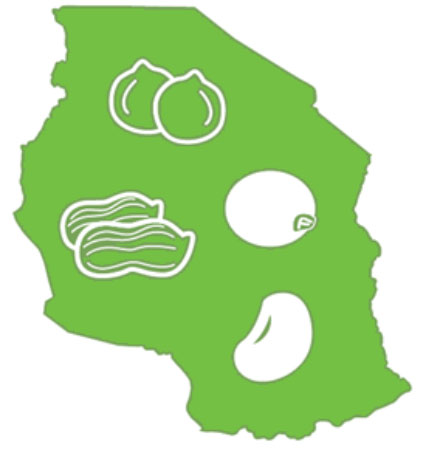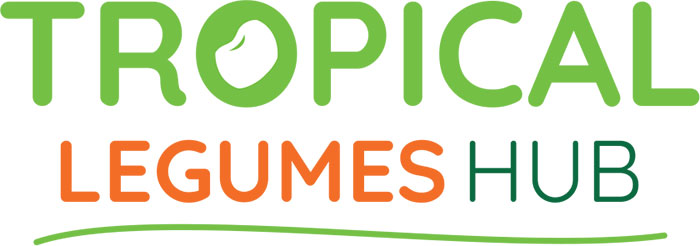A comprehensive socioeconomic and groundnut adoption survey of over 1,200 households in Tanzania was completed by the third phase of the Tropical Legumes project in 2017. This survey aimed to better understand farming households across Tanzania and the rich dataset captures information about the livelihoods of smallholder farmers through seventeen modules covering topics such as demographics, farming, livestock, and household finances.
An overview of five key report themes drawn from this data set is given below. Select a report theme from the drop-down menu above to explore the Tanzanian Socioeconomic Survey data by theme using interactive data dashboards.

Report Themes
These three reports show the uptake and knowledge of improved groundnut varieties by a household broken down by region and in relation to household member age, experience growing groundnut, education level, gender and marital status.
These six reports explore the uptake of improved groundnut varieties based on the external factors influencing a household, such as the distance to the local market and extension agent office, participation in technology transfer activities, awareness of village groups and main sources of information for crop decisions.
These four reports look at groundnut production yield broken down by improved and non-improved variety and in relation to inputs (including the amount of seed planted or manure used), the years of farmer experience growing groundnut and the cost of farm labour.
These four reports focus on household and per capita income broken down by region, income source and gender as well as the relationship between income and consumption of self-produced crops.
These two reports explore groundnut production yield, broken down by improved and non-improved variety and region, in relation to factors including plot size and technology transfer activities.

